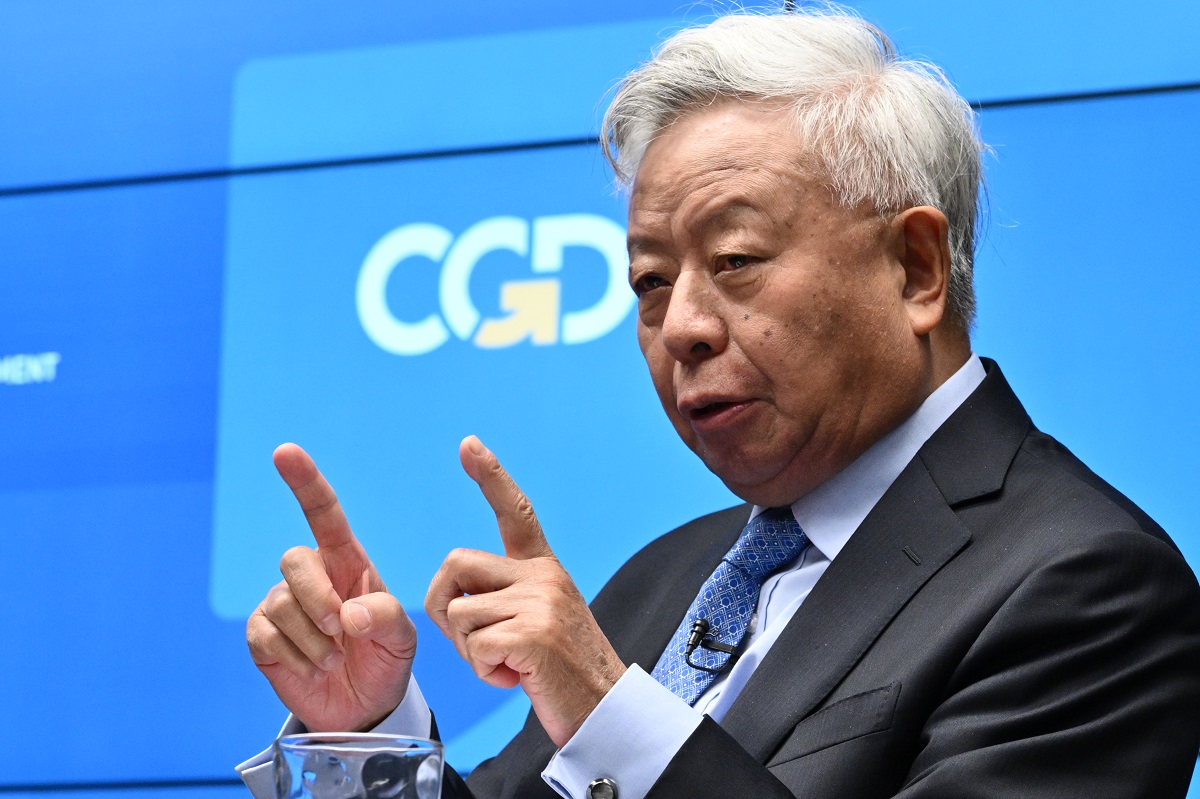This post loosely based on my comments at the “Crisis in Mali and North Africa: Regional Dynamics and International Priorities” event at the Brookings Institution on February 6.As Mali falls off the front page and personnel turns over at the State Department, the Obama administration will need to resist the urge to allow the Sahelian crisis to slide too far down the US foreign policy agenda. For the US, this will become even more important as the CLEAR, HOLD, BUILD phases progress. The French have largely completed CLEAR. Regional troops are now moving into place to begin HOLD. (Even if this goes well, it will likely be a long and costly effort. Peacekeepers are coming up on ten years in Liberia.) The toughest phase will be BUILD, which means to reconstitute, in some places from scratch, Mali’s democratic and security institutions. This is where the United States has the greatest role—and where the US must be careful to avoid three mistakes we’ve already made in 1991, 2008, and 2012
Mistake #1 in 1991 (& again in 2006): Inadequate support for peace deals in northern Mali.A prerequisite for a long-term solution to unrest in northern Mali—and a necessity for American security goals in the region—is
reaching a sustainable peace deal between the government in Bamako and separatist elements in the north. This requires a reasonable response to longstanding grievances by groups including the Tuareg. The good news here is that the outlines of such a deal are relatively clear. Provisions for increased investment in the neglected north and some limited autonomy were central to the
Tamanrasset Peace Accord [PDF] in 1991 and again in the Algiers Accord in 2006. Unfortunately, Bamako never fully implemented those provisions, and in hindsight the United States (including me when I was at State) did not press the Malians hard enough to meet their obligations.The bad news is that political elites in Bamako are in no mood to compromise with Tuareg groups, while the northerners are highly fragmented. It’s not even clear who legitimately represents northern grievances. But this is the art of diplomacy and Western leverage is currently high with the junta dependent on French and regional troops. The US must be firm with both sides on getting to a peace deal and living up to their ends.
Mistake #2 in 2008: Hasty acceptance of flawed return to democracy.Ok, this mistake was next door in Mauritania, but it set an awful precedent by accepting a deeply flawed political transition that harmed the political process and undermined US objectives. In August 2008, General Aziz (who had been involved in another coup just three years earlier) overthrew the democratically elected President Abdullahi. As per US law,
aid and military cooperation was withdrawn. But when Aziz
won a questionable-if-barely-noticed election just twelve months later, it was accepted as good enough.For Mali, the US should make clear that a sham election, especially one that entrenches the current junta, would not be acceptable. At a minimum, the US should work with allies to ensure that Captain Sonogo, the putschist who remains a disruptive force, departs the political scene.
Mistake #3 in 2012 (and the preceding decade): Seeing Mali & US policies thru rose-colored glasses.We had, in hindsight, been kidding ourselves about what was really happening in Mali. A model of democracy unexpectedly evaporated overnight. And after nearly a decade of close military cooperation and training, the army collapsed in a matter of days.As the US moves to support the BUILD phase, we must
revisit our model of security and democracy cooperation, and not just fall into the lazy trap of trying the same things all over again.The threat of Al Qaeda in the Islamic Maghreb is real, and the recent attack on the Algerian gas facility suggests AQIM’s growing capacity and ambitions. At the same time,
Mali is not Afghanistan, and the US must balance its immediate counterterrorism response with long-term policy goals. This
means remaining closely engaged and not merely reacting to events on the ground—and avoiding the mistakes we’ve already made in Mali over the past generation.
CGD blog posts reflect the views of the authors, drawing on prior research and experience in their areas of expertise.
CGD is a nonpartisan, independent organization and does not take institutional positions.



